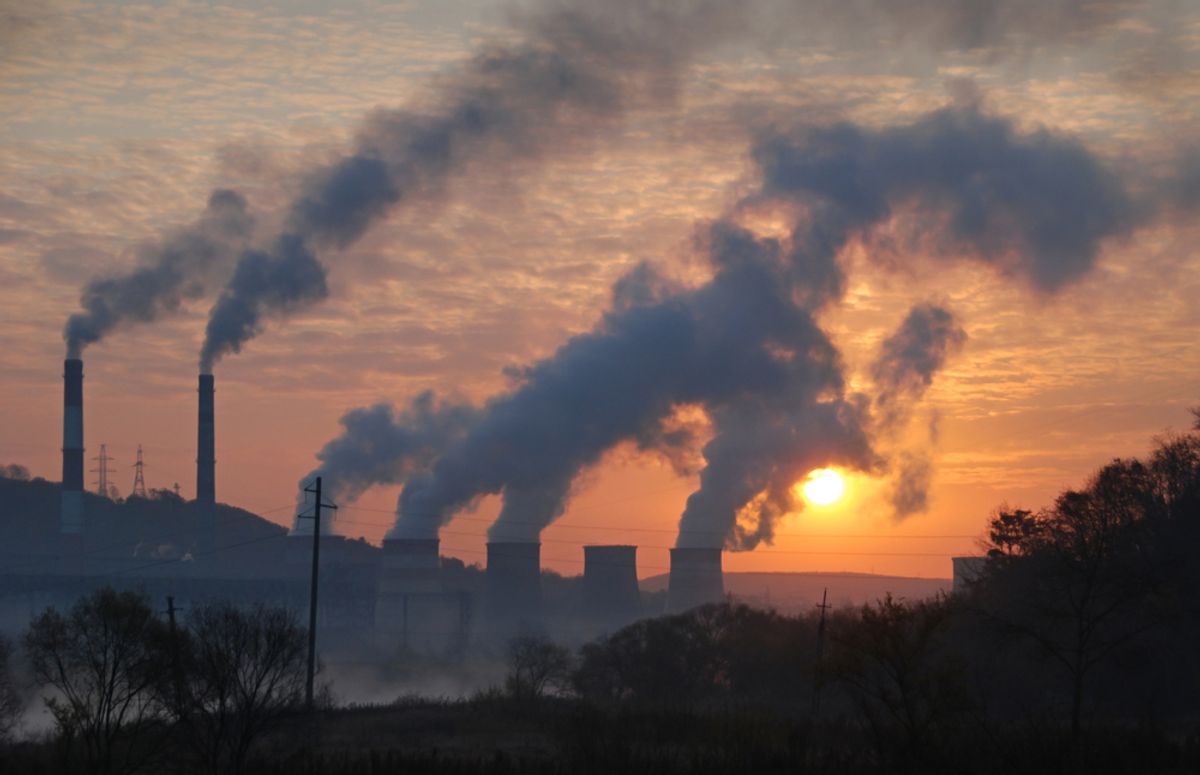Dr. Michael Honeycutt, the top toxicologist in the state of Texas needs a science lesson... or at least a lesson in weighing costs and benefits.
Texans are furious because of a mandate from the Environmental Protection Agency (EPA) that would tighten regulations on smog, or Ozone, lowering the current standard of 75 parts per billion to 60 parts per billion after a unanimous panel of scientists determined the former standard was too high. In an article published on the Texas Commission on Environmental Quality website, Honeycutt, along with a group of Texas "scientists" are joining with Republicans nationwide to fight attempts to lower the limit any further.
In the article, Honeycutt argued: "Ozone is an outdoor air pollutant, because systems such as air conditioning remove it from indoor air. Since most people spend more than 90 percent of their time indoors, we (and the people in the epidemiology studies used to justify lowering the standard) are rarely exposed to significant levels of ozone." He added that those who are "near death" and thus more vulnerable to ozone spent even more time inside.
The Texas Tribune's Neena Satija reports:
"By ignoring that and ignoring ozone and saying it’s okay, what we’re going to do is resulting in people spending even more time indoors, which we don’t want either," said [assistant professor of atmospheric sciences at Texas Tech, Jennifer] Vanos, who studies the effects of air pollution on human health.
Some of Honeycutt's points have merit, the scientists said. Paradoxically, lowering levels of nitrogen oxide (a pollutant that contributes to forming ozone) can temporarily increase ozone levels, because nitrogen oxide also helps dissipate fully formed ozone. That's why the EPA predicts a slight increase in premature deaths if ozone standards are lowered. In Houston, for instance, the agency says a few dozen more deaths could occur — a point Honeycutt said is buried in hundreds of pages of reports.
Models do predict a slight increase in premature deaths at first, said Elena Craft, a senior health scientist at the advocacy group Environmental Defense Fund. She likens it to research suggesting that smokers have a heightened risk of lung cancer immediately after quitting, but then the risk drops off significantly.
"That doesn't mean you quit smoking," said Craft. A prediction of premature death "does not mean pollution is good for you. It means that you need to double down on the efforts to reduce emissions in the air."

Shares